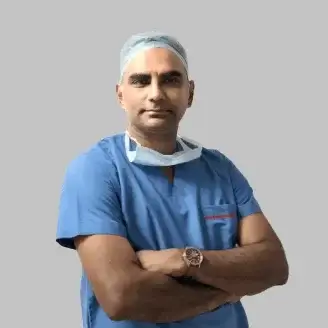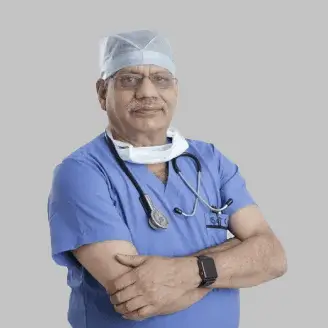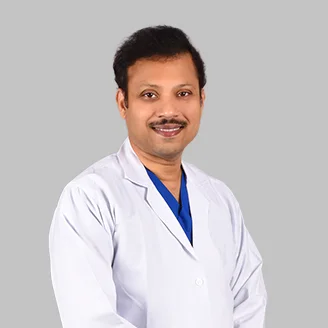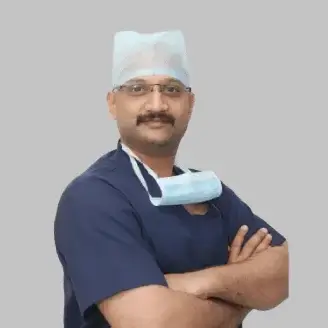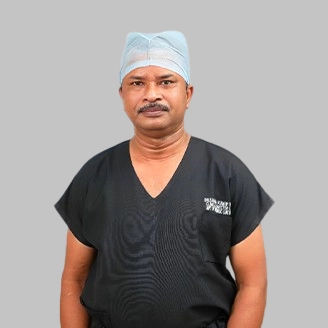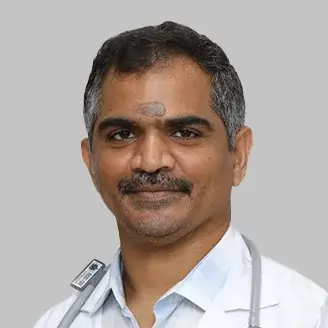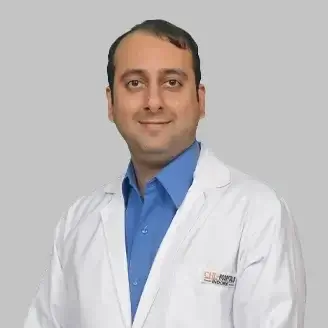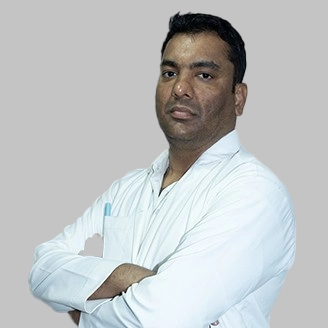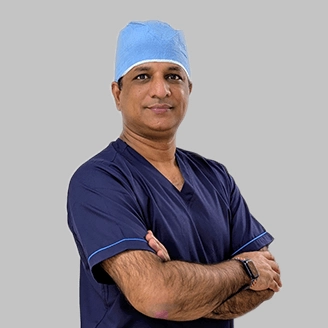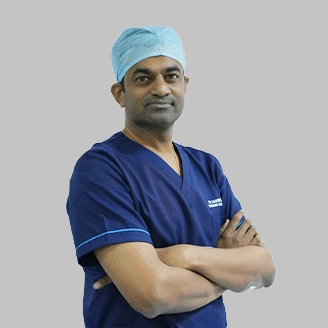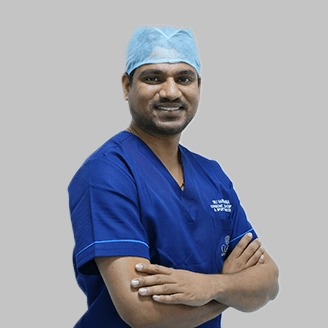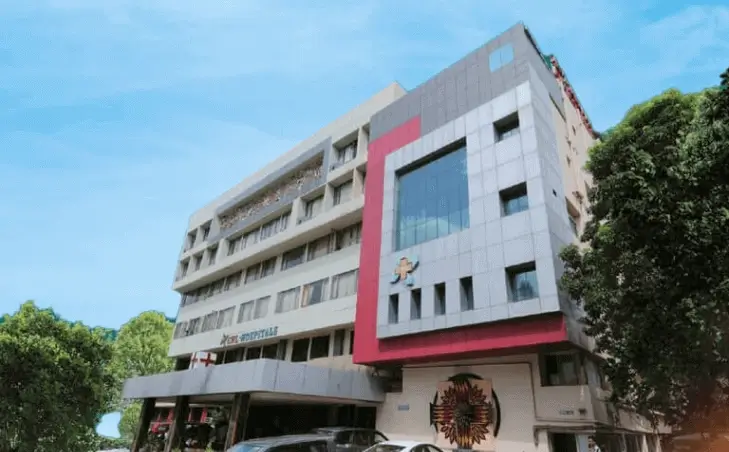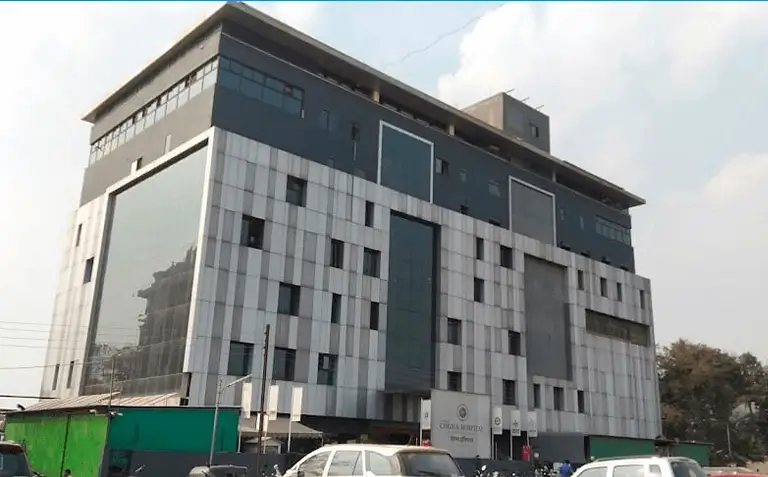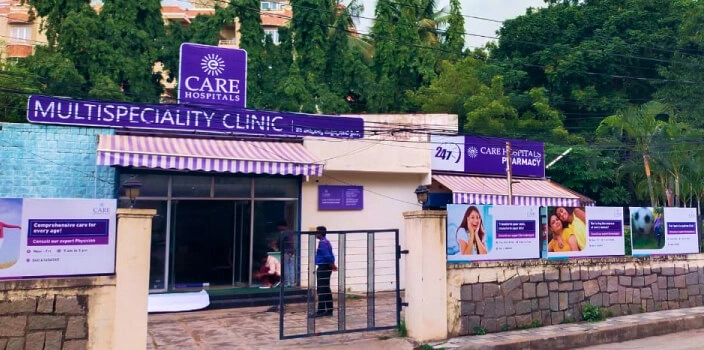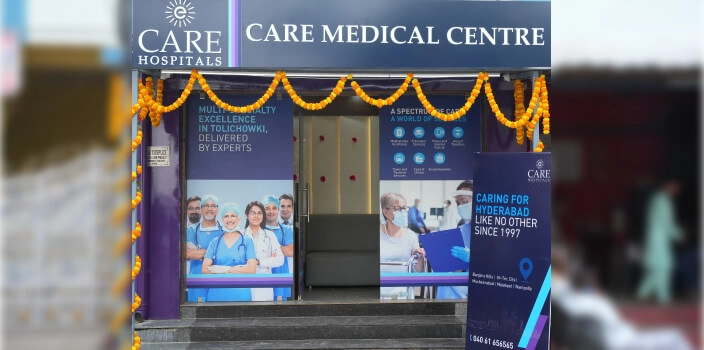-
Doctors
-
Specialities & Treatments
Centre of Excellence
Specialties
Treatments and Procedures
Hospitals & Directions HyderabadCARE Hospitals, Banjara Hills CARE Outpatient Centre, Banjara Hills CARE Hospitals, HITEC City CARE Hospitals, Nampally Gurunanak CARE Hospitals, Musheerabad CARE Hospitals Outpatient Centre, HITEC City CARE Hospitals, Malakpet
HyderabadCARE Hospitals, Banjara Hills CARE Outpatient Centre, Banjara Hills CARE Hospitals, HITEC City CARE Hospitals, Nampally Gurunanak CARE Hospitals, Musheerabad CARE Hospitals Outpatient Centre, HITEC City CARE Hospitals, Malakpet Raipur
Raipur
 Bhubaneswar
Bhubaneswar Visakhapatnam
Visakhapatnam
 Nagpur
Nagpur
 Indore
Indore
 Chh. Sambhajinagar
Chh. SambhajinagarClinics & Medical Centers
Book an AppointmentContact Us
Online Lab Reports
Book an Appointment
Consult Super-Specialist Doctors at CARE Hospitals

Best Hospital for Open Reduction Internal Fixation (ORIF) Surgery in Hyderabad
- Advanced Technology
- Shorter Hospital Stay
- Pre & Post-Operative Care
- All Insurance Accepted

Chat With Our Experts
Get second opinion on Whatsapp
25 lakhs+
Happy Patients
Experienced and
skilled surgeons
17
Health Care Facilities
Top most Referral Centre
for Complex Surgeries
Advanced Bone Fracture Repair Surgery
Open reduction and internal fixation surgery boasts an impressive 75% success rate for complex fractures, making it a trusted solution for severe bone injuries. Patients with displaced or unstable fractures particularly benefit from this surgical procedure, which uses strong metal hardware like stainless steel or titanium to repair broken bones.
ORIF is a two-step surgical process that realigns the displaced bone pieces and secures them with special hardware to promote proper healing. However, with modern surgical advances and proper sterile conditions, ORIF surgery has become increasingly safe and effective for treating severe fractures that cannot heal through immobilisation alone.
Why CARE Group Hospitals is Your Top Choice for ORIF in Hyderabad
CARE Hospitals stands as the best hospital for Open Reduction Internal Fixation (ORIF) surgery, offering advanced ORIF surgical treatments with cutting-edge technology and personalised care. The facility's commitment to excellence shines through its state-of-the-art surgical equipment, ensuring precise and accurate procedures. The hospital's comprehensive ORIF surgery services include:
- Advanced surgical techniques and modern implants
- Personalised treatment plans
- Dedicated post-operative care
- Expert rehabilitation guidance
- Insurance assistance
Best ORIF Surgery Doctors in India


Cutting-edge Surgical Innovations at CARE Hospital
Recent technological advancements at CARE Hospitals have brought significant improvements in surgical procedures. The surgical department uses state-of-the-art equipment that ensures advanced broken bone repair surgery every time. The hospital's cutting-edge innovations include:
- Multi-degree-of-freedom devices for precise bone fragment alignment
- Advanced traction splint mechanisms
- Custom metal structures through three-dimensional printing
- Streamlined operating room integration systems
The robotic-assisted solution has shown remarkable results, reducing the maximum force required for traction by 80%.
Conditions for ORIF Surgery
ORIF surgery becomes essential in these specific scenarios:
- When bones break in multiple places or shatter into several pieces
- Broken bone pierces through the skin
- Fractured bone segments fall out of proper alignment
- Previous closed reduction attempts have failed
- The joint near the fracture becomes dislocated
The decision to perform ORIF surgery depends on various factors, including the fracture pattern, its severity, and the specific bone affected.
Get Right Diagnosis, Treatment & Cost Estimate Details to
Make a Fully Informed Decision.
Types of ORIF Procedures
Surgical hardware selection plays a vital role in the success of ORIF procedures. Orthopaedic surgeons choose from various types of metal implants based on the fracture location, pattern, and severity.
The main types of ORIF hardware include:
- Metal plates and screws for joint-related fractures
- Intramedullary rods for long bone repairs
- Wires and pins for small bone fragments
- External fixators for temporary stabilisation
The choice between permanent or temporary fixation depends on several factors. Generally, screws and plates remain in place unless they cause discomfort, whilst wires and pins are often removed after healing completes.
Pre-surgery Preparation
Doctors thoroughly assess patients before scheduling ORIF surgery. Imaging plays a crucial role in surgical planning. Doctors conduct X-rays or CT scans to examine the broken bone thoroughly. Whilst ORIF often serves as an emergency procedure, surgeons might delay the operation until the swelling subsides.
Proper preparation enhances surgical outcomes. Essential pre-surgery requirements include:
- Fasting after midnight before the operation
- Wearing loose-fitting clothes on surgery day
- Trimming nails and maintaining proper hygiene
- Scheduling follow-up appointments beforehand
- Discussing pain management options
ORIF Surgical Procedure
ORIF surgery primarily consists of two main phases. The first phase involves open reduction, where surgeons make precise incisions to access and realign the broken bone. The surgical steps include:
- Making careful incisions around the broken bone
- Repositioning bone fragments to proper alignment
- Securing bones with metal hardware
- Closing incisions with stitches or staples
- Applying bandages or casting as needed
The second phase focuses on internal fixation, after which surgeons attach specialised hardware to hold the bone pieces together. The choice of metal implants depends on the fracture type and location, with options including titanium or stainless steel components.
Post-surgery Recovery
Pain management forms an essential part of early recovery. Medical teams prescribe a combination of prescription medications and over-the-counter pain relievers to keep discomfort manageable. The recovery process includes these crucial elements:
- Keeping the injured limb elevated above heart level for 48 hours
- Applying ice packs 5-6 times daily for 20 minutes
- Following wound care instructions to prevent infections
- Taking prescribed medications as directed
- Maintaining proper hydration with water intake
Physical therapy begins gradually, starting with gentle exercises to prevent stiffness. Initially, patients might need assistive devices like crutches or wheelchairs to avoid putting pressure on the healing bone. The complete recovery period typically spans 3 to 12 months, primarily depending on the fracture type and location.
Risks and Complications
The following are some common complications of ORIF surgery:
- Bone healing problems with nonunion
- Infection risks
- Blood clots in vessels near the broken bone
- Acute compartment syndrome- causing pressure buildup in muscles
- Hardware-related issues requiring removal surgery

Benefits of ORIF Surgery
Key advantages of ORIF surgery include:
- Immediate fracture stabilisation
- Enhanced functional ability
- Increased range of motion
- Better grip strength
- Early return to daily activities
- Lower risk of future breaks
Insurance Assistance for ORIF Surgery
Health insurance plans across India offer substantial coverage for ORIF surgical procedures. Most policies cover various expenses, ranging from operation theatre charges to surgical implants.
CARE Hospitals features a dedicated team that assists patients with insurance-related matters. The team works closely with third-party administrators to streamline the claims process. Patients receive clear communication about their coverage details, helping them understand any potential out-of-pocket expenses.
Second Opinion for ORIF Surgery
Getting a second medical opinion helps patients make informed decisions about ORIF surgery. CARE Hospitals offers second opinions from expert orthopaedic surgeons, providing:
- A detailed assessment of the proposed surgical plan
- Valuable insights into treatment options and surgical approaches
- Explain potential ORIF complications, recovery time, and long-term outcomes of the procedure
- Address any concerns or questions you may have
Conclusion
Fractured bones need proper healing support, which makes ORIF surgery a vital medical advancement. Research shows that patients who undergo ORIF surgery typically recover within 3 to 12 months, with the exact timeline depending on factors like age, health condition, and fracture severity.
The success of ORIF surgery primarily relies on proper post-operative care and regular medical checkups. At CARE Hospitals, our world-class orthopaedic department combines cutting-edge technology with the expertise of renowned surgeons, ensuring you receive the gold standard in fracture care through advanced Open Reduction and Internal Fixation (ORIF) surgery.
ORIF Surgery Hospitals in India
-
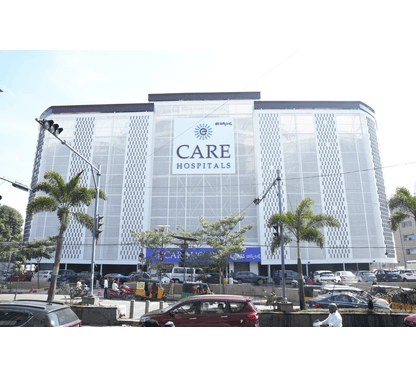
CARE Hospitals, Banjara Hills, Hyderabad
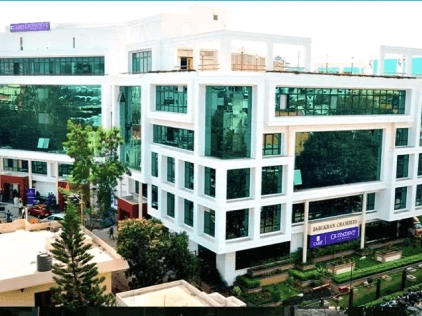
CARE Hospitals Outpatient Centre, Banjara Hills, Hyderabad
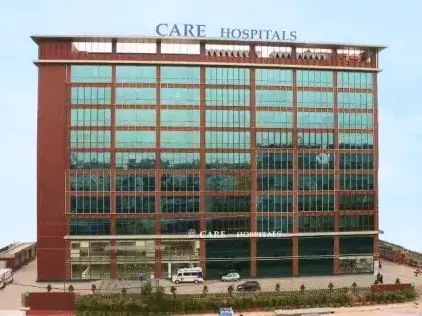
CARE Hospitals, HITEC City, Hyderabad
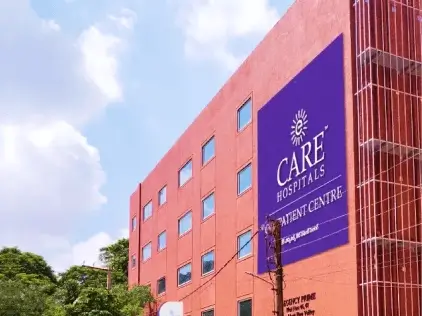
CARE Hospitals Outpatient Centre, HITEC City, Hyderabad
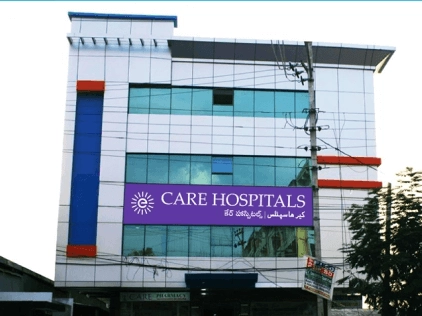
Gurunanak CARE Hospitals, Musheerabad, Hyderabad
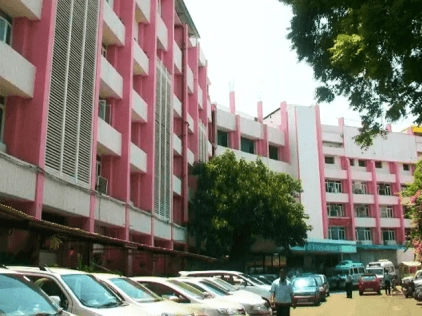
CARE Hospitals, Nampally, Hyderabad
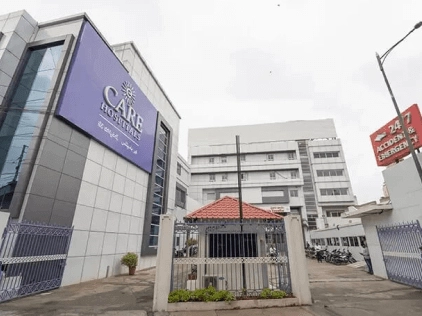
CARE Hospitals, Malakpet, Hyderabad
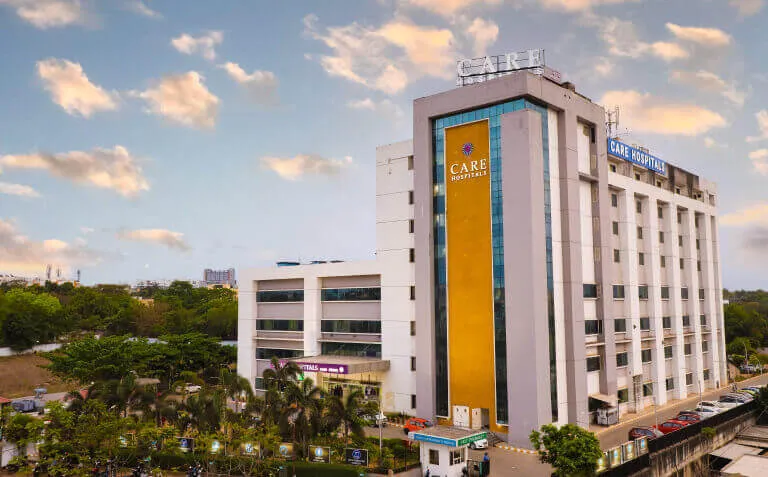
CARE Hospitals, Bhubaneswar
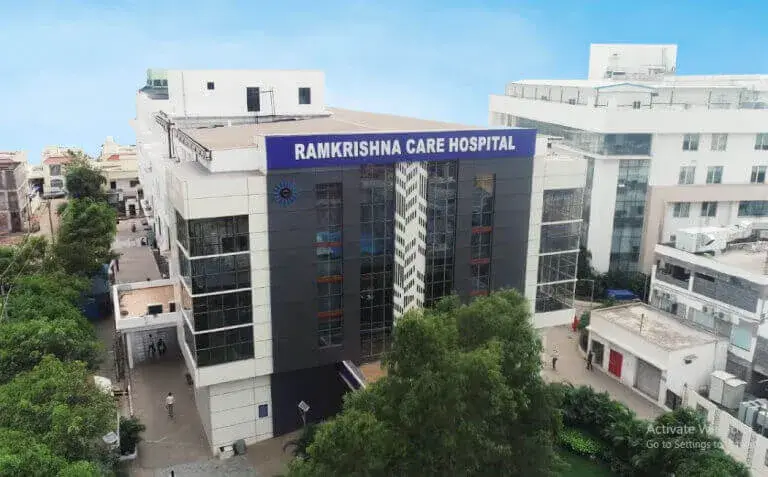
Ramkrishna CARE Hospitals, Raipur
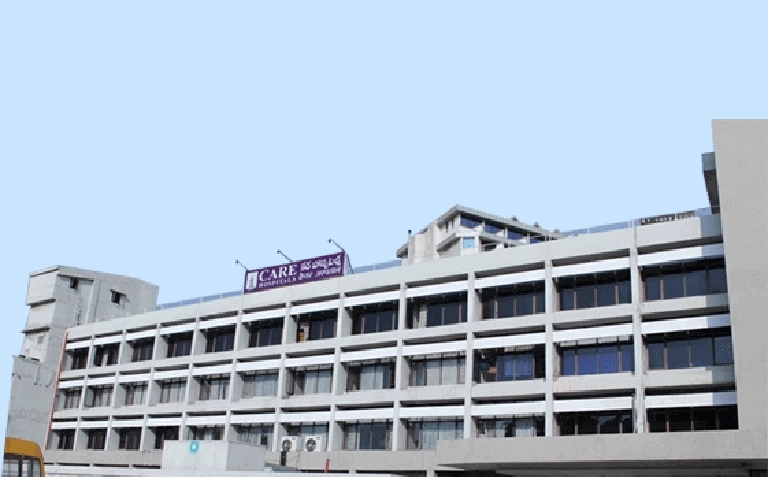
CARE Hospitals, Ramnagar, Visakhapatnam
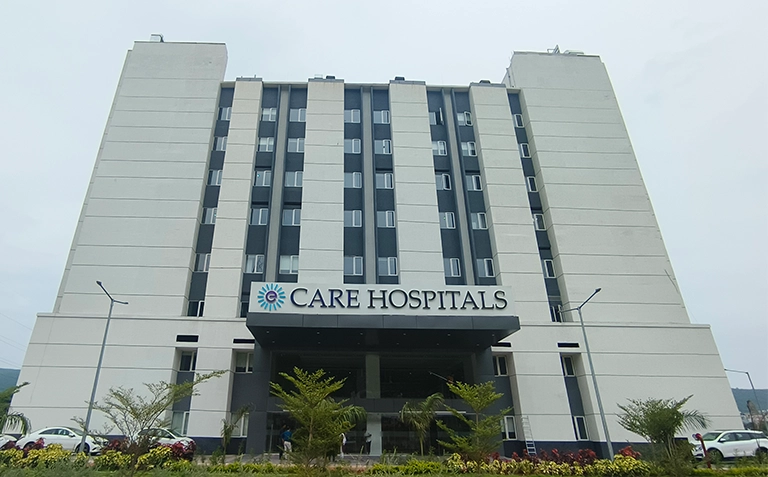
CARE Hospitals, Health City, Arilova
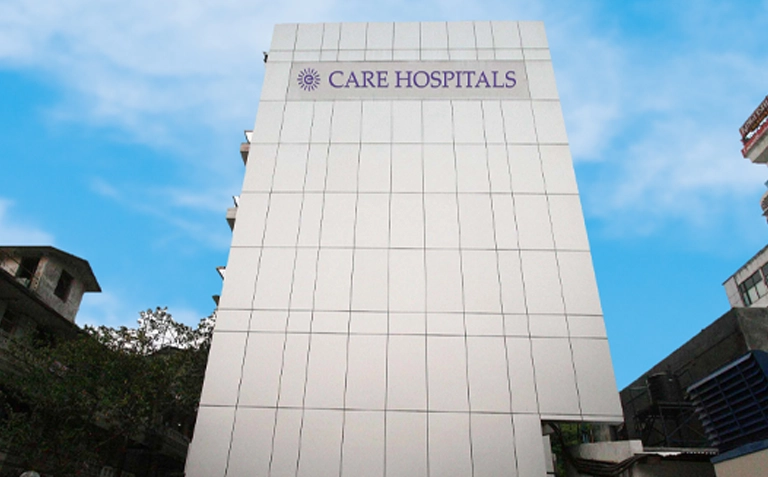
Ganga CARE Hospital Limited, Nagpur
Related Surgeries
- Best Hospitals for Cesarean Delivery in Hyderabad
- Best Hospital for Vaginal Hysterectomy in Hyderabad
- Best Hospital for Cholecystectomy Surgery in Hyderabad
- Best Hospital for Colectomy Surgery in Hyderabad
- Best Hospitals for Colostomy Surgery in Hyderabad
- Best Hospitals for Laparotomy Surgery in Hyderabad
- Best Hospital for Parotidectomy Surgery in Hyderabad
- Best Hospitals for Ovarian Cancer Surgery in Hyderabad
- Best Hospitals for Pancreatectomy Surgery in Hyderabad
- Best Hospitals for Sigmoidoscopy Surgery in Hyderabad
- Best Hospitals for Endometrial Cancer Surgery in Hyderabad
- Best Hospitals for Whipple Surgery in Hyderabad
- Best Hospitals for Thyroidectomy Surgery in Hyderabad
- Best Hospitals for Cardioversion Procedures in Hyderabad
- Best Hospitals for Pacemaker Insertion Surgery in Hyderabad
- Best Hospital for Endovenus Laser Surgery in Hyderabad
- Best Hospitals for Atrial Septal Defect Surgery in Hyderabad
- Best Hospital for Video-Assisted Thoracoscopic Surgery in Hyderabad
- Best Hospital for Ventricular Septal Defect Surgery in Hyderabad
- Best Hospital for Heart Valve Replacement Surgery in Hyderabad
- Best Hospital for Thoracotomy Surgery in Hyderabad
- Best Hospitals for Pericardiectomy Surgery in Hyderabad
- Best Hospitals for Aortic Valve Replacement Surgery in Hyderabad
- Best Hospitals for Mitral Valve Replacement Surgery in Hyderabad
- Pneumonectomy Surgery in Hyderabad
- Spinal Fusion Surgery in Hyderabad
- Best Hospitals for Ankle Surgery in Hyderabad
- Best hospital for carpal tunnel release surgery in Hyderabad
- Best Hospitals for Ligament Repair Surgery in Hyderabad
- Best Hospitals for Elbow Surgery in Hyderabad
- Best Hospitals for Arthroscopic Meniscal Repair Surgery in Hyderabad
- Best Hospitals for Laminectomy Surgery in Hyderabad
- Best Hospital for Bladder Suspension Surgery in Hyderabad
- Best Hospital for Oesaophagectomy Surgery in Hyderabad
- Best Hospitals for Roux-en-Y Gastric Bypass in Hyderabad
- Best Hospitals for Small Bowl Resection in Hyderabad
- Best Hospitals for Vasectomy in Hyderabad
- Best Hospital for Tubal Ligation Surgery in Hyderabad
- Best Hospitals for Endometrial Ablation Surgery in Hyderabad
- Best Hospital for Arthroscopy Surgery in Hyderabad
- Best Hospital for Choledochocystectomy Surgery in Hyderabad
- Best Hospital for Choledochojejunostomy Surgery in Hyderabad
- Best Hospital for Choledocoduodenostomy Surgery in Hyderabad
- Best Hospital for Circumcision Surgery in Hyderabad
- Best Hospital for DJ Stent Removal Surgery in Hyderabad
- Best Hospital for Fistula Surgery in Hyderabad
- Best Hospital for Hiatus Hernia Surgery in Hyderabad
- Best Hospital for Incisional Hernia Surgery in Hyderabad
- Best Hospital for Laparoscopic Hysterectomy Surgery in Hyderabad
- Best Hospital for Laser Prostatectomy Surgery in Hyderabad
- Best Hospital for Open Reduction Internal Fixation (ORIF) Surgery in Hyderabad
- Best Hospital for PCNL Surgery in Hyderabad
- Best Hospital for Penile Implant Surgery in Hyderabad
- Best Hospital for Piles Surgery in Hyderabad
- Best Hospital for Pilonidal Sinus Surgery in Hyderabad
- Best Hospital for Peroral Endoscopic Myotomy Surgery in Hyderabad
- Best Hospital for Retrograde Intrarenal Surgery in Hyderabad
- Best Hospital for Spine Decompression Surgery in Hyderabad
- Best Hospital for Squint Eye Surgery in Hyderabad
- Best Hospital for Thyroplasty Surgery in Hyderabad
- Best Hospital for Turp Surgery in Hyderabad
- Best Hospital for Ureteroscopic lithotripsy Surgery in Hyderabad
- Best Hospital for Vitrectomy Surgery in Hyderabad
- Best Hospital for VP Shunt Surgery in Hyderabad
- Best Hospital for Wisdom Tooth Surgery in Hyderabad
- Best Hospitals for Oophorectomy in Hyderabad
Frequently Asked Questions
ORIF stands for Open Reduction Internal Fixation, a surgical procedure that repairs severely broken bones.
The duration varies based on fracture complexity and location. Most ORIF procedures take several hours from start to finish.
Primary risks include acute compartment syndrome, malunion, and nonunion. Studies show that elbow stiffness affects 46.5% of patients, whilst osteoarthritis develops in 24.1% of cases.
Recovery spans 3 to 12 months, depending on fracture severity and location.
ORIF surgery maintains high safety standards with proper medical protocols. In rare cases, the surface infection may spread to deep tissue.
Patients receive pain medication and anti-inflammatory drugs to manage post-operative discomfort.
Indeed, ORIF qualifies as major surgery, requiring general anaesthesia and careful surgical planning. The procedure demands precise bone alignment and secure hardware placement.
Typically, metal hardware remains permanent, especially around joints.
Return to daily activities varies by individual. Most patients gradually resume activities over several months, guided by physiotherapy progress.
Complications like infection or hardware issues receive prompt attention through additional treatments or surgical intervention.
Most insurance plans cover ORIF procedures, including costs for surgical hardware, hospital stays, and post-operative care.
Still Have a Question?




